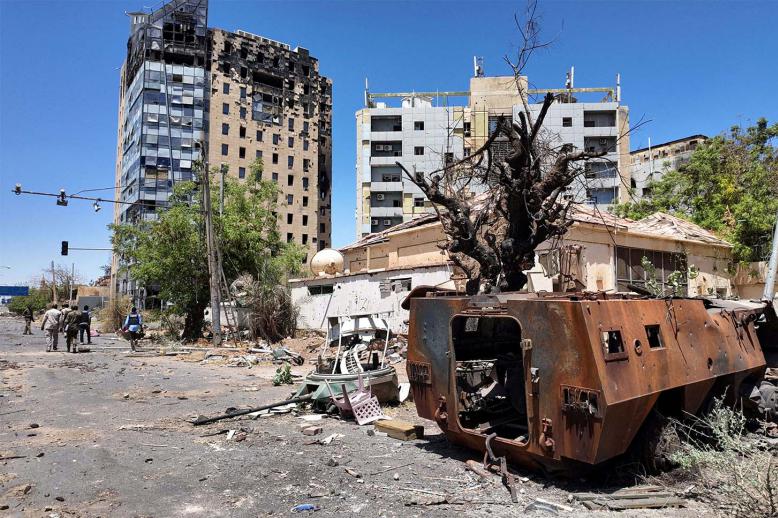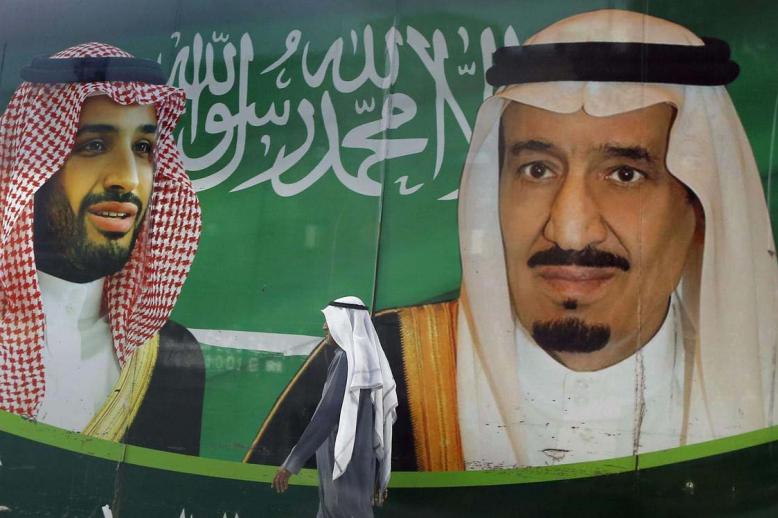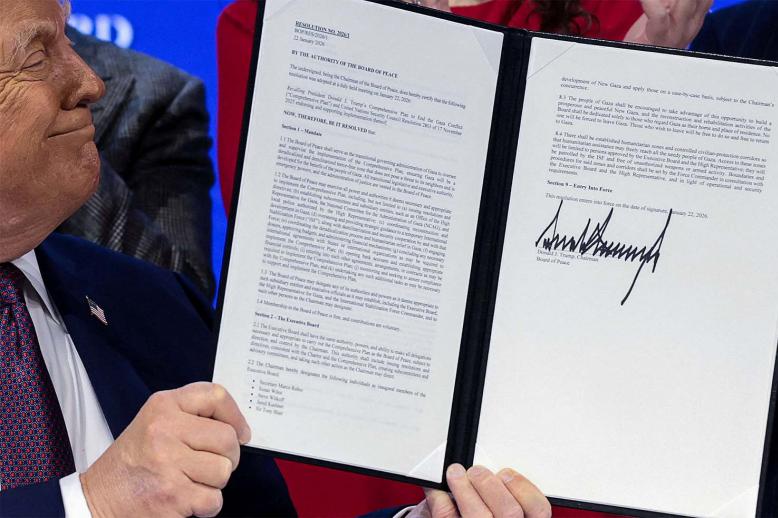Women making inroads in GCC’s political, fiscal environments
The appointment of Kuwait’s first female finance minister and the reappointment of the first woman to lead the Saudi stock exchange are noteworthy milestones for women attaining high-profile positions in the traditionally male-dominated political and fiscal cultures of the Gulf Cooperation Council.
While Mariam al-Aqeel’s tenure as Kuwaiti finance minister was short-lived — she served in her post for two months before a cabinet reshuffle February 16 — she remains in the Kuwaiti cabinet with two key portfolios.
Female ministers began being introduced into Gulf Cooperation Council (GCC) cabinets more than 15 years ago but women generally constitute a small percentage of those cabinet makeups and typically are assigned portfolios considered traditionally acceptable for women by Arabian Gulf norms, such as overseeing education, health and culture sectors.
This makes the naming of Aqeel as Kuwait’s first female finance minister all the more significant. Not only was she the first woman to hold that position in the Kuwaiti cabinet, she was the first female finance minister within the GCC.
Aqeel previously served as Kuwait’s state minister for economic affairs and acting minister of finance. In a new government formed December 17, she was appointed Kuwait’s finance minister and acting state minister for economic affairs.
As finance minister, Aqeel oversaw the Kuwait Investment Authority — the world’s fifth-largest sovereign wealth fund with estimated assets of more than $592 billion. Though she was replaced as finance minister in the reshuffle, Aqeel stayed on in the Kuwaiti cabinet as minister of social affairs and minister of state for economic affairs. A second female cabinet member, Rana al-Fares, was named minister of public works and state minister for housing affairs in December.
In Saudi Arabia, Sarah al-Suhaimi was recently appointed chairwoman of the Saudi domestic stock exchange, the Tadawul, for a second 3-year term. Suhaimi is CEO and board director of NCB Capital, the kingdom’s largest asset management bank.
In overseeing the Saudi exchange since 2017, Suhaimi helped push through reforms that encouraged more inflows of foreign funds as the exchange joined major emerging market indexes and prepared for the initial public offering of state oil and gas giant Saudi Aramco in December. The success of the Saudi Aramco share flotation lifted the Tadawul to ninth globally in market capitalisation.
In 2014, Nada Abbas Haffadh was named Bahraini health minister and Sheikha Lubna bint Khalid al-Qasimi became the first woman to join the UAE cabinet as minister of economy and planning. In June 2005, Massouma al-Mubarak became Kuwait’s first female minister, overseeing the planning and administrative development portfolios.
Female representation in the UAE government is an anomaly compared with the lesser number of women that serve in other GCC cabinets. The United Arab Emirates has nine female ministers — 29% of the cabinet makeup.
Those women oversee a range of portfolios, from public education and international cooperation to cultural and knowledge development. In 2017, UAE Vice-President and Prime Minister and ruler of Dubai Sheikh Mohammed bin Rashid al-Maktoum created two ministries headed by women: Sara al-Amiri was appointed minister of state for advanced sciences and Mariam Al Meheiri was named minister of state for food security.
Bahrain, which had three female ministers in its cabinet six years ago, currently has one: Faeqa bint Saeed al-Saleh, who oversees the Health Ministry.
The positioning of women in GCC cabinets and heading financial institutions is a relatively young process, though one can argue that progress is being made by the mere existence of female ministers and a woman managing a domestic stock exchange.
Jareer Elass is a Washington-based energy analyst, with 25 years of industry experience and a particular focus on the Arabian Gulf producers and OPEC.
This article was originally published in The Arab Weekly.







